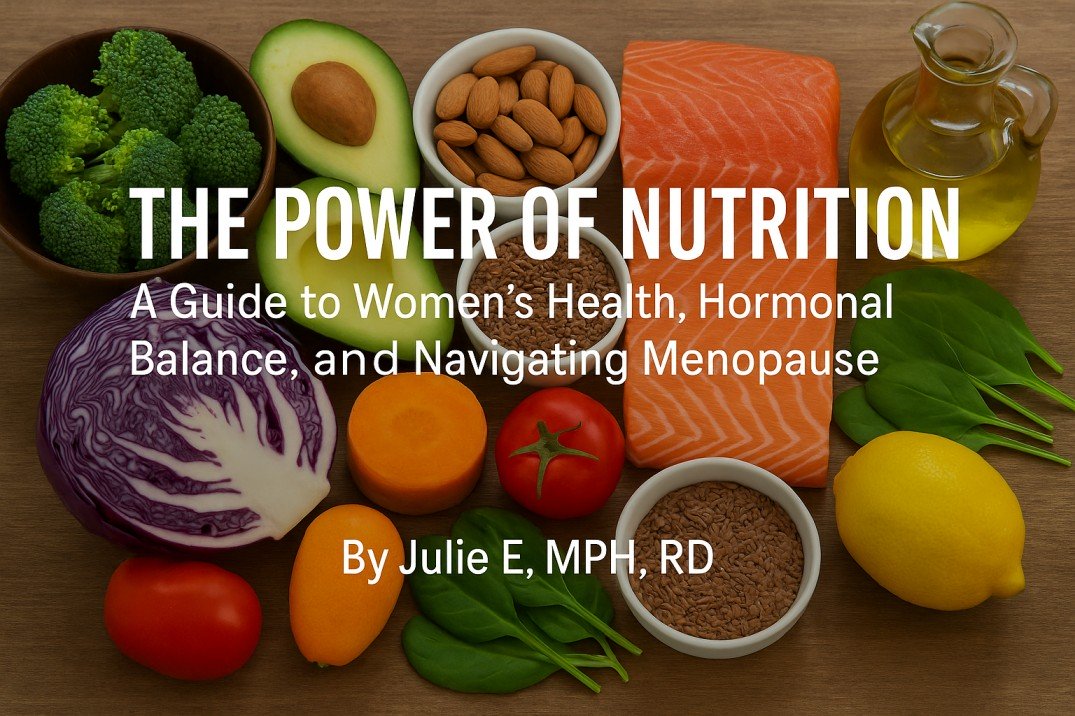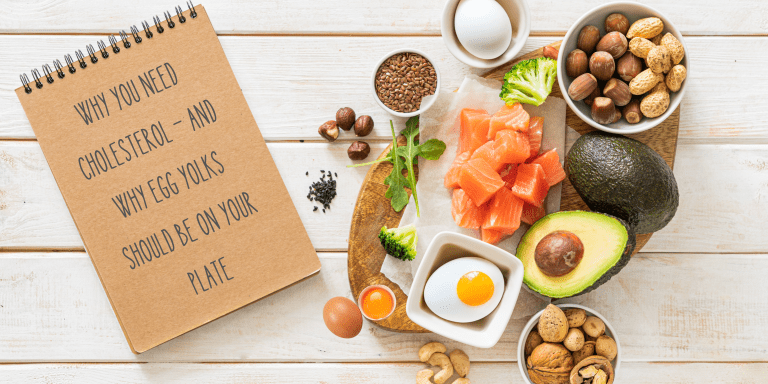The connection between what women eat and how they experience hormonal transitions remains one of medicine’s most overlooked relationships. After three decades as a nutritionist working with thousands of women, I’ve witnessed firsthand how the right foods can transform menopausal symptoms from debilitating to manageable—often within weeks.
Conventional approaches to menopause typically focus on hormone replacement or symptom management through medication. While these have their place, I’ve consistently found that nutrition offers a powerful first-line approach that many women are never told about.
Women come to me exhausted by hot flashes, mood swings, and insomnia, having tried everything except changing what’s on their plate. What happens next consistently amazes them.
Your Body’s Changing Nutritional Needs
During perimenopause and menopause, your body’s nutritional requirements fundamentally shift. The fluctuating and eventually declining estrogen levels affect everything from how you process calcium to how efficiently you metabolize carbohydrates.
I regularly see women continuing to eat exactly as they did in their 30s, then wondering why their body responds differently. It’s not your imagination—your nutritional needs have genuinely changed.
What most women don’t realize is that estrogen plays roles far beyond reproduction. It affects your metabolism, bone density, cognition, and even how your body responds to stress. As these levels change, specific nutrients become even more crucial.
The Inflammation Connection
Inflammation sits at the root of many menopausal symptoms. Hot flashes, joint pain, mood changes—all have inflammatory components that can be addressed through diet.
When I adjust a client’s diet to focus on anti-inflammatory foods, the results often surprise them. One woman who had suffered through 15+ hot flashes daily found they reduced to just 2-3 within two weeks of eliminating inflammatory triggers and adding key nutrients.
The standard American diet unfortunately promotes inflammation through excess refined carbohydrates, industrial seed oils, and processed foods. During hormonal transitions, these foods become even more problematic.
Five Nutritional Foundations for Hormonal Balance
Through my work with menopausal women, I’ve identified five nutritional approaches that consistently support hormonal balance:
1. Prioritize Protein
Protein requirements actually increase during menopause. I recommend women consume at least 25-30 grams per meal—significantly more than most currently eat. Protein stabilizes blood sugar, preserves muscle mass that naturally declines with age, and provides the building blocks for neurotransmitters that affect mood.
Women who increase their protein intake often report improved energy, better mood stability, and reduced cravings within days.
2. Embrace Healthy Fats
Contrary to outdated nutrition advice, quality fats are essential during menopause. Omega-3 fatty acids from sources like wild salmon, sardines, and walnuts help modulate the inflammatory response that drives many symptoms.
What surprises many of my clients is that increasing fat intake (while reducing refined carbohydrates) often helps with weight management challenges that commonly occur during this transition.
3. Focus on Phytoestrogens
Phytoestrogens are plant compounds that can gently support estrogen activity. Unlike synthetic hormones, they work adaptively—providing mild estrogenic effects when needed without overstimulation.
Ground flaxseeds, organic tempeh, and legumes contain beneficial phytoestrogens that many women find helpful. I typically recommend starting with 2 tablespoons of freshly ground flaxseeds daily.
The results can be remarkable. Women often report significant reduction in hot flash frequency and intensity within 3-4 weeks of consistent consumption.
4. Maximize Magnesium
Magnesium deficiency affects up to 80% of Americans, with even higher rates among menopausal women. This mineral influences over 300 enzymatic reactions in the body and helps regulate body temperature, mood, and sleep—all commonly disrupted during menopause.
Dark leafy greens, pumpkin seeds, and dark chocolate are excellent sources. Women who increase magnesium-rich foods often notice improved sleep and reduced night sweats first, followed by more stable mood patterns.
5. Support Liver Function
Your liver metabolizes hormones, and supporting its function becomes increasingly important during hormonal transitions.
Cruciferous vegetables like broccoli, cauliflower, and Brussels sprouts contain compounds that support healthy estrogen metabolism. Beets, artichokes, and dandelion greens also enhance liver detoxification pathways.
I’ve found that women who consume these foods daily experience fewer symptoms related to hormonal fluctuations.
The Timing Element Most Practitioners Miss
When you eat certain foods matters almost as much as what you eat. This aspect of nutritional therapy is rarely discussed in conventional approaches to menopause.
For women experiencing sleep disruptions and night sweats, I recommend specific evening meal compositions. Complex carbohydrates with dinner can increase serotonin production, aiding sleep. Meanwhile, avoiding alcohol and sugary foods in the evening hours significantly reduces night sweats for many women.
Eating within a 10-12 hour window also helps maintain insulin sensitivity, which becomes more challenging during menopause due to hormonal changes.
Beyond The Basics: Personalized Nutrition
While these foundations help most women, I’ve found that true transformation comes from personalized approaches. Some women have specific food sensitivities that, when identified and addressed, create dramatic symptom improvement.
Through careful observation and sometimes specialized testing, I help women identify their unique nutritional needs during this transition. The body speaks clearly if we listen—certain foods will either calm or exacerbate your symptoms.
This personalized approach sets my work apart from generic menopause recommendations. I look at each woman’s individual biochemistry, symptoms, and lifestyle to create solutions that work specifically for her body.
The Mental Health Connection
The mood changes many women experience during menopause have strong nutritional components. Brain fog, anxiety, and depression can all be influenced by blood sugar stability, omega-3 intake, and gut health.
I’ve seen remarkable mood improvements in women who stabilize blood sugar by reducing refined carbohydrates and increasing protein and healthy fats. The brain requires consistent glucose delivery and specific nutrients to produce neurotransmitters effectively.
This nutritional approach to mental wellbeing offers women another path beyond medication alone.
Starting Your Nutritional Transition
For women beginning this journey, I recommend starting with breakfast. This single meal, properly composed, can dramatically impact hormonal symptoms throughout the day.
A breakfast with 25-30 grams of protein, healthy fats, and fiber-rich vegetables stabilizes blood sugar, provides key nutrients, and sets a foundation for reduced symptoms. This simple change often creates noticeable improvements within days.
From there, gradually implement other nutritional strategies based on your specific symptoms and needs.
Through nutrition, women can transform their menopausal experience from something to be endured to a transition navigated with greater ease and even vitality. The power to influence your hormonal health begins with your very next meal.


